I was asked recently about the use of "LORD" and "Lord" in the Old Testament. These uses reflect a convention employed in many English translations of the Bible to distinguish between two different Hebrew words that represent God's name. This distinction is intended to convey theological and historical nuances in the original Hebrew text.
1. LORD (in all capital letters): When you see "LORD" in all capital letters, it is used to represent the divine name of God in the Hebrew Bible, which is often referred to as the Tetragrammaton. The Tetragrammaton is the four-letter combination YHWH (Yod-Heh-Waw-Heh), representing God's unique and personal name. It is considered the most sacred name of God in Judaism. To show reverence and distinguish it from common nouns, many English translations render it as "LORD" in all capital letters. This is a way of highlighting the holiness and distinctiveness of God's name.
2. Lord (with a capital "L"): When you see "Lord" with a capital "L" and lowercase "ord," it is used to represent the Hebrew word "Adonai." "Adonai" is a title for God that means "Lord" or "Master." While it is used to refer to God, it is not a direct representation of the Tetragrammaton. In English translations, "Lord" with an initial capital "L" is used to indicate when "Adonai" is present in the original Hebrew text.
The distinction between "LORD" and "Lord" allows us English readers to differentiate between instances where the divine name (YHWH) is used and instances where "Adonai" is used. This distinction helps convey the reverence associated with God's personal name while acknowledging the use of other titles for God in the Hebrew Bible.
It's important to note that this convention is specific to English translations of the Bible and does not exist in the original Hebrew text. In Hebrew manuscripts, both the Tetragrammaton and "Adonai" are represented using the same Hebrew letters (YHWH), but their pronunciation and usage differ.

